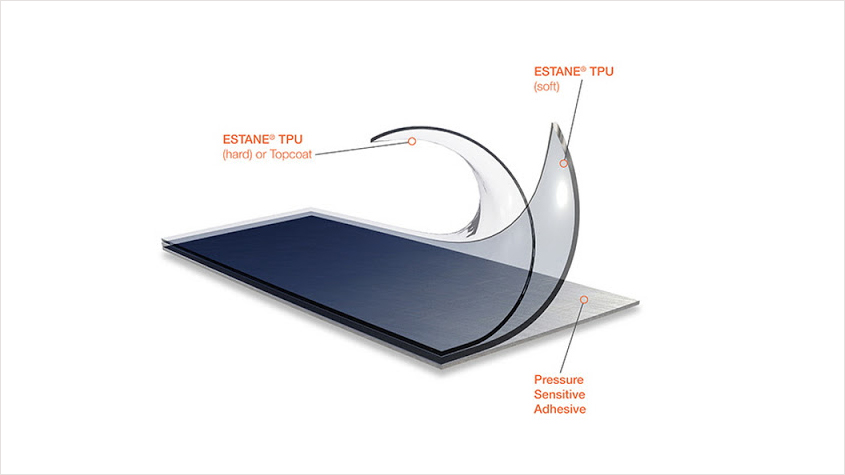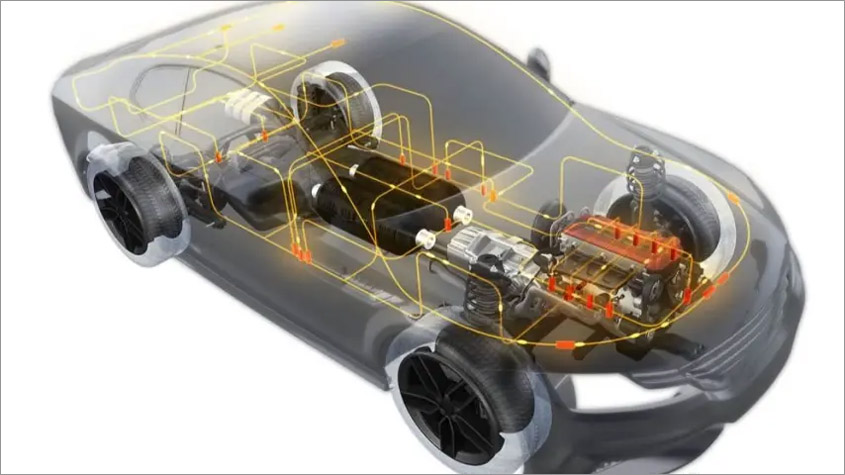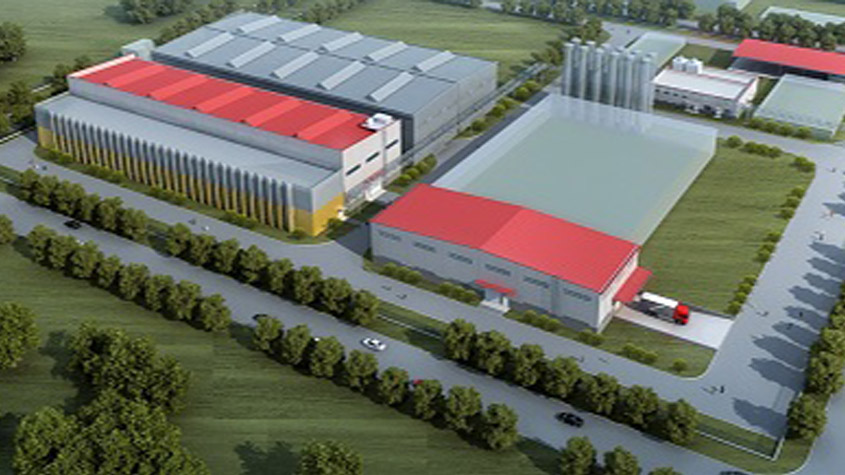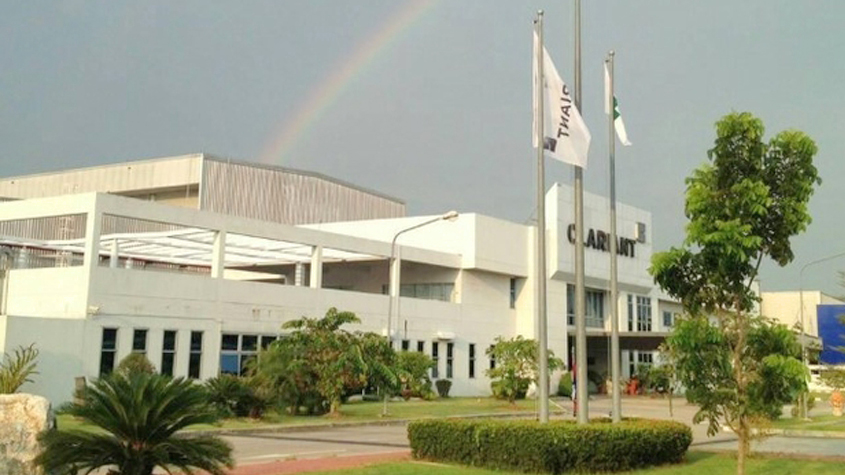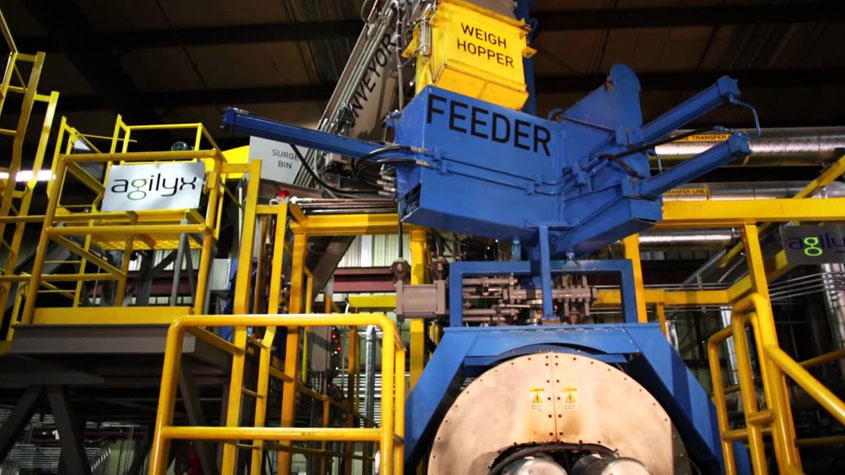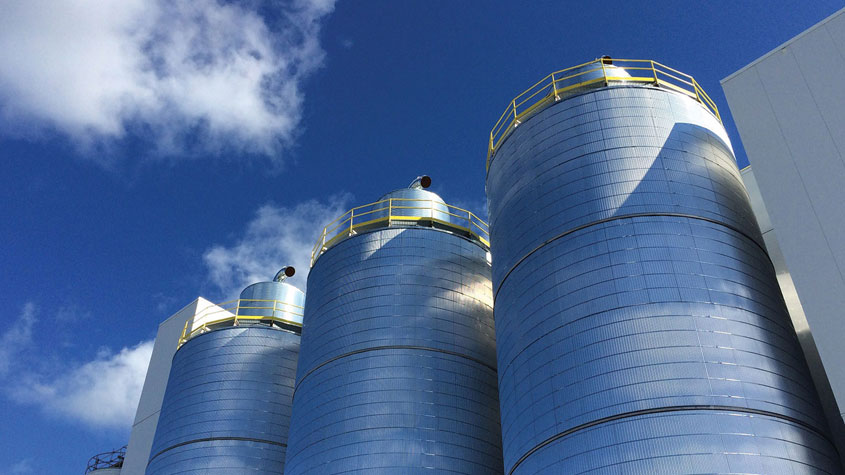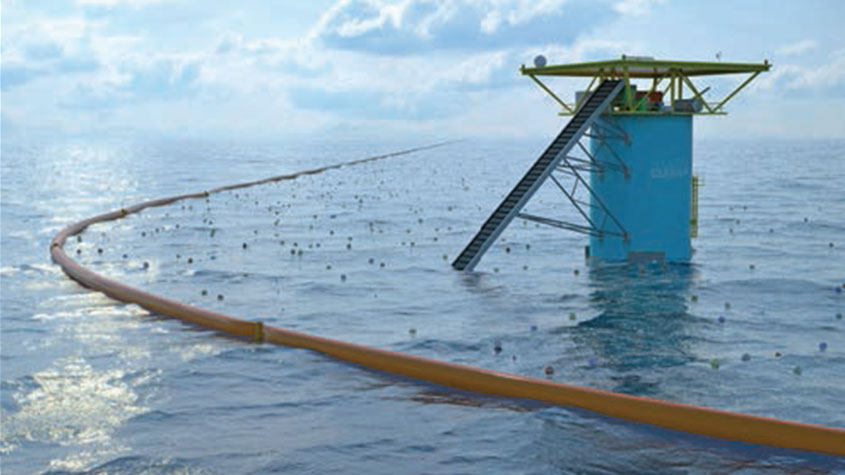Sabic expands Noryl PPE capacity in India for 5G networking
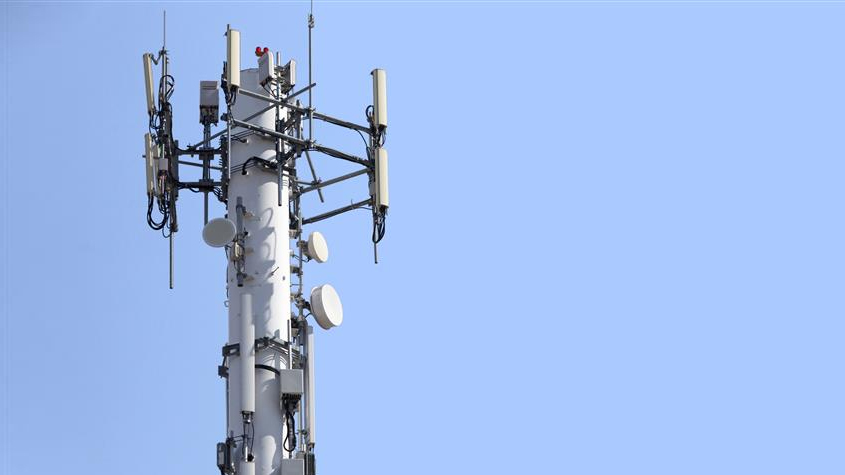
Materials supplier Sabic says it intends to boost production capacity for its specialty Noryl SA9000 resin to support rapid growth of high-performance printed circuit boards (PCBs) used in 5G base stations and high-speed servers. It is anticipated that this latest expansion, which builds on 2019 increases, will nearly double regional production in Asia and increase overall Noryl SA9000 resin production in Asia tenfold vs. 2018 levels.
The incremental gain in capacity will help to reduce global lead times for manufacturers of high-performance copper-clad laminates (CCLs), which can provide them greater flexibility to meet customer requests for quick turnarounds. Additionally, it provides capability for future product development. The expansion project is currently underway in India, with completion expected by the end of 2020.
The resin is an important component in CCLs used worldwide in PCBs for the 5G infrastructure market, which is forecast to register a 53% CAGR between 2020 and 2025, as reported by Mordor Intelligence.
Specialised PCBs used in 5G network infrastructure require copper clad laminates that address the need for high speed and low insertion loss at higher frequencies. High-performance Noryl resin is a modified, low-molecular-weight, bi-functional oligomer based on polyphenylene ether (PPE). It offers formulators the opportunity to achieve very low loss CCL products while balancing heat resistance, dimensional stability, coefficient of thermal expansion (CTE) and higher layer count capability.
The resin provides formulating flexibility in existing CCL production operations. It is soluble in conventional solvents such as toluene and methyl ethyl ketone (MEK) and can be incorporated into various thermoset resin systems such as styrenics, allylic, acrylic, maleimide, methacrylic and unsaturated polyester monomers and resins.
In addition to Noryl resin, Sabic offers other resins that may help thermoset formulators develop solutions for 5G infrastructure. Noryl SA90 resin provides formulating flexibility in solvent-based epoxy systems to achieve improved dielectric performance while balancing heat resistance, improved toughness and improved dimensional stability. Sabic’s BISDA specialty dianhydride resin can improve dielectric performance and lower water absorption in certain polyimide formulations.
Building out 5G mobile networks to deliver up to 10 times faster speeds than 4G networks requires specialised infrastructure, including huge numbers of small cell base stations. Components for traditional and multiple input-multiple output (MIMO) style base stations and antennas, such as radomes, dipole resonators, antennae components, fasteners, screws, stand-offs, fittings, phase shifters and radio frequency filter housings, demand high-performance materials to provide the right balance of mechanical, physical, and dielectric properties.
Sabic adds that its broad portfolio of injection molding solutions can offer tailored dielectric performance, weatherability, weight-out and increased design freedom to help customers optimise performance in 5G infrastructure applications.
Teknor Apex Announces NEW Monprene® TPEs
Teknor Apex Announces NEW Monprene® TPEs with 60% Post-Consumer Recycled Content, Reducing…

